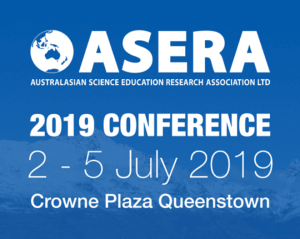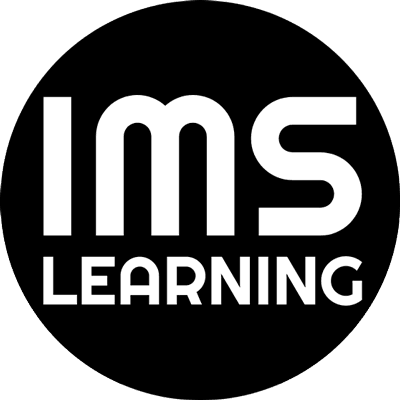
50th annual ASERA Conference, Queenstown, New Zealand 2-5 July, 2019
Paper presentation
Authors
- Russell Tytler – Deakin University (russell.tytler@deakin.edu.au)
- Peta White – Deakin University (peta.white@deakin.edu.au)
- Lihua Xu – Deakin University (lihua.xu@deakin.edu.au)
- Vaughan Prain, Joanne Mulligan, Richard Lehrer, Leona Schauble, Chris Nielsen, Melinda Kirk, Chris Speldewinde
Enriching Maths and Science Learning Through an Interdisciplinary Approach
There has been increasing interest in interdisciplinary as an approach to more deeply engage students, especially as part of advocacy of integrated STEM approaches. However, there are concerns that this integration can do violence to the distinctive ways of knowing and practising represented by the disciplines. The Interdisciplinary Mathematics and Science (IMS) project (https://imslearning.org/) is developing and investigating an approach to primary school mathematics and science that consists of classroom activity sequences in which students’ invention and transformation of representational systems (see Hubber et al., 2010) in the two subjects can support deeper learning in each. In this way the guided inquiry pedagogy involves students in epistemic practices that approximate those in the discipline, such that concepts that sit at the intersection of the two disciplines (variation, sampling, symmetry, spatial reasoning) are approached from the distinct perspectives of each. The project is tracking students longitudinally over 3 years to investigate the development of representational competence. Sequences thus far have included motion, ecology and astronomy, and data modeling, graphing, variability, and geometric reasoning. The presentation will include examples of the interdisciplinary approach, its affordances, and evidence of enhanced student learning. We will also demonstrate the data management system we have generated as a methodological innovation.
Reference
Hubber, P, Tytler, R., & Haslam, F. (2010). Teaching and learning about force with a representational focus: Pedagogy and teacher change. Research in Science Education, 40(1), 5-28.

